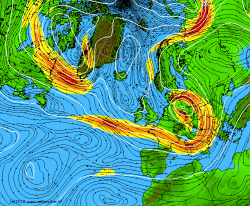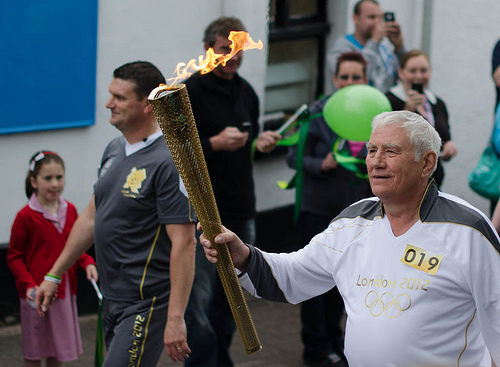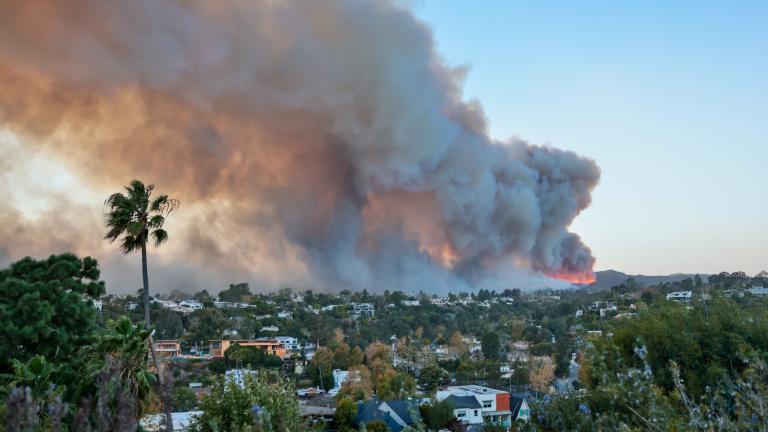
The carbon footprint of the Olympic torch is unknown. (Photo by Nicholas Heasman-Walsh.)
Before the 2008 Olympics in Beijing, there was broad concern about the impact that air pollution would have on the athletes. The city’s well-documented problems with ozone and fine particles were not the sort of thing conducive to fast sprint times and/or not having a stroke. So authorities cracked down, greatly reducing vehicle traffic, closing factories, and inducing rain. It worked. They curbed ground-level pollutants and improved cardio-vascular health for residents and athletes alike (and brought down CO2 emissions along the way). A team at the University of Rochester noted a “direct correlation” between reduced pollution and an immediate health impact.
Unfortunately for England, the environment has taken up a new strategy for ruining the Olympics: rain.
“My biggest worry is actually the weather,” said [London 2012 Chief Executive] Paul Deighton, adding that much of the construction was carried out in torrential rain in recent months.
“We’ve got a lot of events that are outside. I think the impact the weather has on people’s mood, how they enjoy the games, is very big.
“So for me, if I have a prayer I could make, it’s every extra day of sunshine just makes for a better experience for everybody here in town.”
Deighton has cause for concern. An unusually static southward shift in the jet stream combined with increased atmospheric moisture has meant one of the rainiest summers in recent memory.

The jet stream, next Tuesday.
The forecast for the next 10 days shows some rain; a forecast of the jet stream suggests it will run south of Britain for the beginning part of the Games. Being on the northern side of the jet stream means, in the words of the BBC, “conditions are cooler and wetter which means we in Britain keep getting hit by rain.”
Not the end of the world, mind you — but an impairment to athletes and fans alike. As Beijing demonstrated, it could be worse.
And, of course, it is. From ThinkProgress:
According to Dr. William S. Silvers of the American Academy of Allergy, Asthma & Immunology (AAAAI), the air quality in London during the 2012 Olympic games — set to start in three days — could cause a “narrowing of the airways” in athletes competing outdoors.
Currently, London has a higher concentration of nitrogen dioxide in the atmosphere than Beijing, China, had during the last summer Olympic games before the Chinese government banned half of all cars in an effort to reduce pollution. London has spent far less than China did to address air pollution.
London has helpfully set up a website to track air quality. If you’re going to an event, you’ll want to check that first to determine if you’ll need your inhaler. You should probably just bring that umbrella regardless.




